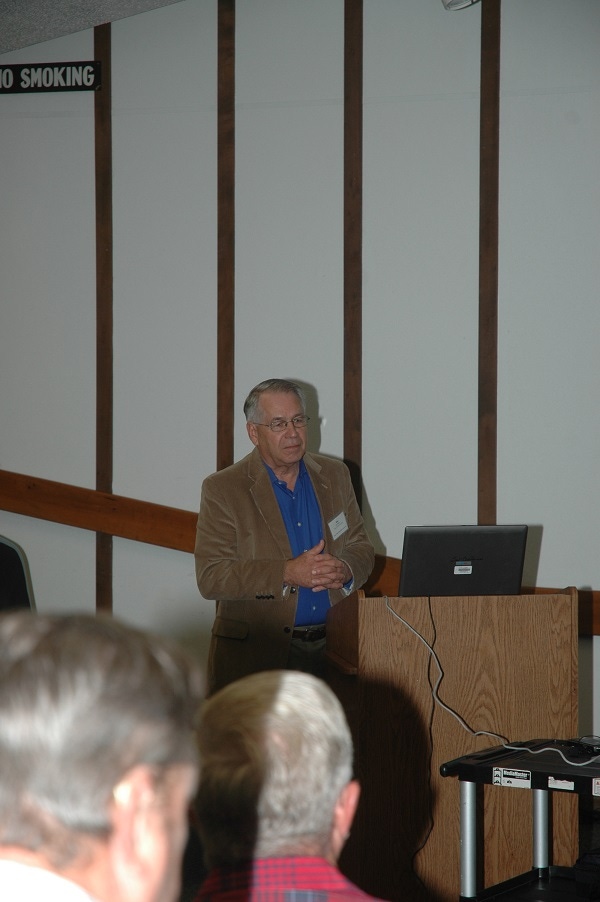
When Dr. Roy Parker first became involved with the Texas Plant Protection Association (TPPA), the group was little more than an idea in the minds of university professors and researchers who wanted to find a way to share information and collaborate on finding solutions to problems facing production agriculture.
Twenty five years later, in spite of recently retiring from the Texas AgriLife Extension Service in Corpus Christi as a professor and entomologist, Parker continues to be active in both the TPPA and the projects he left unfinished in the Coastal Bend District 11 Extension Center.
"As of Aug. 31 this year I officially retired, but I still make it into the (Corpus) office to continue work on many of the projects I left behind, and I also continue to be active in the association's work," Parker said. "I have been on the same committee (at TPPA) for a long time, suggesting topics for study or conferences, and I still make presentations from time to time."
If you are enjoying reading this article, please check out Southwest Farm Press Daily and receive the latest news right to your inbox.
The list of topics he has been involved in with the Extension service and on behalf of TPPA has been long and varied. He is widely considered to be a pioneer in working with managing insects in stored grain in Southeast Texas. Working with fleahopper control across the state and with sorghum insect pressure and management have been other key areas of research.
"We worked a great deal in pasture insect management from fall armyworms to grasshoppers, which has been a hot topic in recent years. I also have been active working with association members and collaborating on boll weevil eradication, often presenting research at TPPA conferences," he added. "This year I am happy to say there are no boll weevils anywhere in the United States except in the Rio Grande Valley, and even there the eradication program and progress is viable and progressive, even if it remains slow and ongoing."
In recent years, as technology developed more effective tools, Parker has been involved in developing and sharing smart phone and computer applications and their use by producers and has been working with science system applications such as guidance systems on sprayers.
"Other improvements down through the 25-year history of the association included watching the improvement on cotton varieties and corn hybrids adaptive to southern areas across Texas. We needed in a corn hybrid, for example, ears that would actually bend down for use in coastal regions of Texas," he said.
Parker says the changes in insect control have been many through the years and credits the TPPA as the perfect platform to share the latest in research and development and to inform producers about changing products and regulations for insect control.
"It is getting harder to find qualified people to work with applied science in the field and I believe the TPPA is in a good position to help recruit and support more applied research. This is key to getting useful information out to growers."
Parker says the connection between industry, the producers of new products, university researchers and extension trials has helped provide farmers with real results in the field.
"We actually have a lot of farmers that want to do test plots on their own property and there is probably no better way for a producers to see and experience the effects of a new product, method or crop variety," he said.
"A good many of our Extension agents are involved in the Texas Plant Protection Association and their many educational conferences. These men help to provide a direct link between the land grant institutions, state experiment stations, state and federal departments of agriculture, and the Extension service, and it has been the Texas Plant Protection Association that tends to get all those entities together to share this kind of communication and makes certain everyone remains on the same page."
Parker is optimistic about the work of the TPPA in the years ahead and calls it "absolutely necessary" to meet the changing landscape of agriculture production. He says more than ever before there is a need for research and development and a way to share these changes with frontline producers.
"It's a wonderful organization that is on the forefront of supporting production agriculture and I believe their work will continue for many years to come."
More from Southwest Farm Press:
Boll Weevil eradication efforts charted by TPPA conference
About the Author(s)
You May Also Like




